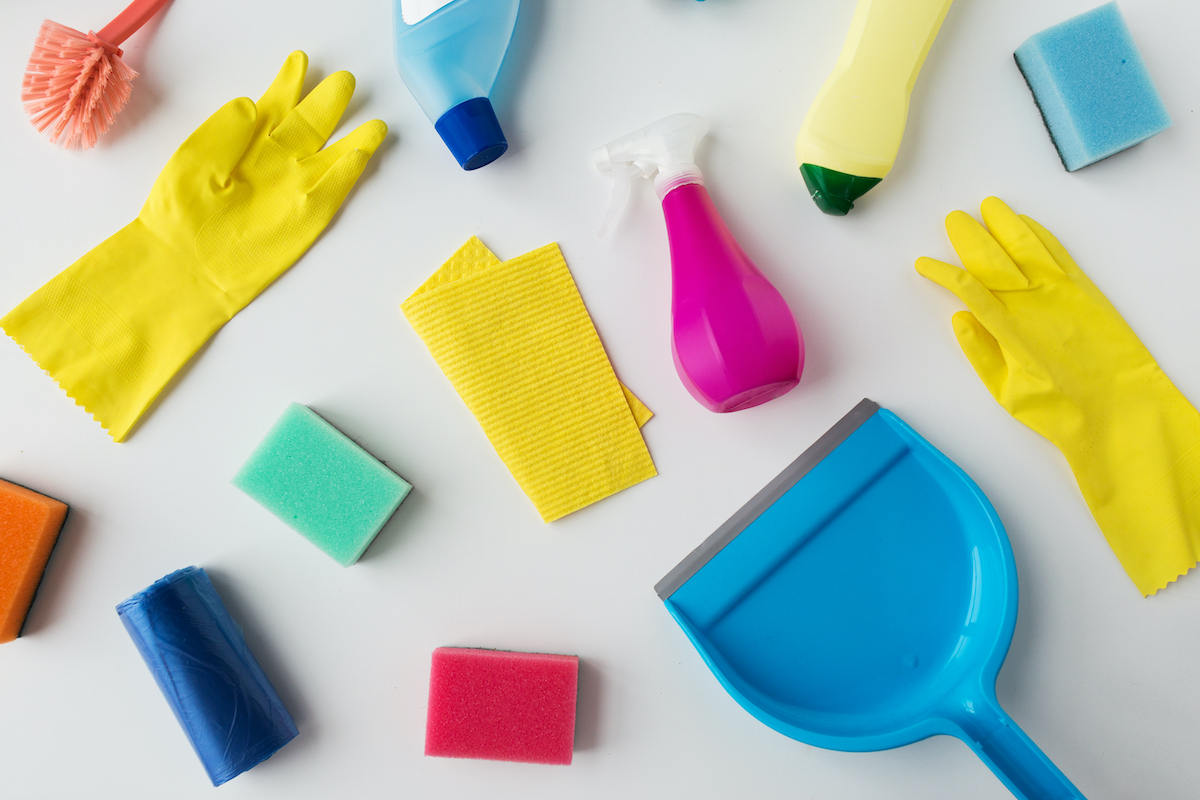Working as an automotive mechanic can be a fun, rewarding, and lucrative career. However, it can also be a dangerous job. Mechanics and other workers in the automotive industry gets continuously exposed to harmful chemicals, hazardous equipment, and an overall potentially high-risk working environment.
Countries encourage construction workers and automotive repair shop owners to wear personal protective equipment (PPE) from reputable suppliers. This ensures that everyone in the shop follows the proper safety regulations and precautions during their shifts. It’s crucial for individuals working in the automotive repair industry to keep themselves and clients safe from harm. Practicing these safety measures help protect workers and customers from accidental injuries.
Whether you’re a mechanic or a customer, we’ve listed the general safety rules that all automotive repair shops should follow for everyone’s safety.
Floor Care
Clean Up Spills Immediately
Since automotive repair shops work on cars and other vehicles, spillage of oil, radiator or transmission fluid and other liquids are common. This factor puts mechanics and other workers at high risk of falling or slipping, so it’s best to clean up spills quickly to avoid accidents.
Sweep Regularly
Automotive repair shops are prone to dust, and these tiny particles from drum lathes that help repair the brake drum or brake disc of cars and residue from chemical substances can be harmful to a person’s health when inhaled. That’s why workers should ensure the shop stays dust-free by regularly sweeping and cleaning the floors.
Protection for Workers
Sturdy Work Boots
All mechanics working at an automotive repair should wear the right work boots with steel toe caps to protect themselves against the tools they’re using. It’s best for these boots to have non-slip soles to reduce the worker’s risk of falling or slipping on the job.
Gloves
Mechanics always handle engines and other auto parts that can get extremely hot, causing severe burns when not careful. That’s why mechanics must wear gloves when handling automobile parts to ensure their safety.
Goggles
Mechanics should never turn a blind eye to safety, and this includes protecting their eyes. Wearing protective safety goggles is essential, especially when a worker is working on tasks that require welding, grinding, or working with harmful chemicals to prevent eye injury.
Wear Overalls
A mechanic must wear overalls to protect their body from different dangers in the shop. Never allow them to wear loose clothing or other inappropriate attire. Shop owners are encouraged to provide employees with customized work apparel from qualified uniform service companies.
Handling Chemicals
Eat and Drink Outside of the Shop
Workers in an automotive repair shop are encouraged never to take lunch on the job. That’s because consuming any food or drink inside the workplace can expose them to toxic chemicals used for repairing vehicles. So, workers should always eat outside and eat off clean surfaces.
Dispose of Waste Correctly

All workers are encouraged to know the proper guidelines of various chemical waste that they handle daily, including gasoline. That’s because these chemicals can produce unpleasant results such as explosions or fires; that’s why employees in an automotive repair shop must practice disposing chemicals properly.
Vehicle Safety
Cut of Power Supplies Before Working on Electrical Components
When working on different vehicles, mechanics need to cut off the power supplies to all parts that contain electrical components before repairing them to avoid getting electrocuted.
Regardless if you’re a mechanic or a customer, you need to know these automotive repair shop safety rules to ensure everyone’s safety, including the cars.